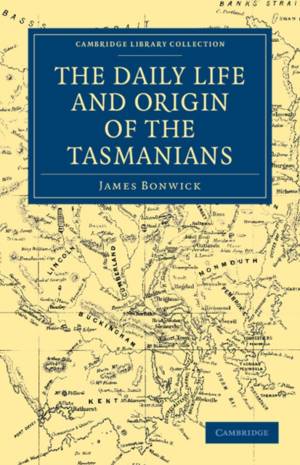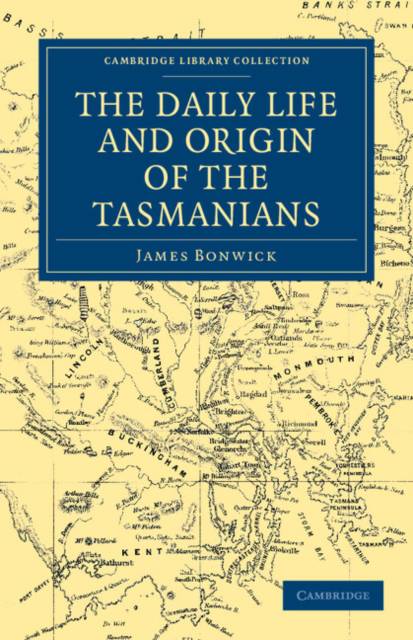
- Afhalen na 1 uur in een winkel met voorraad
- Gratis thuislevering in België vanaf € 30
- Ruim aanbod met 7 miljoen producten
- Afhalen na 1 uur in een winkel met voorraad
- Gratis thuislevering in België vanaf € 30
- Ruim aanbod met 7 miljoen producten
Zoeken
Omschrijving
James Bonwick (1817-1906) arrived in Tasmania, then Van Diemen's Land, in 1841, beginning an unstable and itinerant career as school-master, writer, and archivist. A zealous non-conformist and mystic, who was briefly in contact with Madame Blavatsky, Bonwick became interested in the plight of the Tasmanian aborigines after a visit to Flinders Island, to which the last of the nearly extinct population had been removed. Published in 1870, by which time Bonwick had become a fellow of the Royal Geographical Society, this book is a sympathetic anthropological study of indigenous Tasmanian culture and society, based on colonial records, interviews with early settlers and Bonwick's own experiences. The companion volume to The Last of the Tasmanians, which discussed the reasons for the extinction and was cited by Darwin in The Descent of Man, it provides important source material, as well as insight into the morally difficult subject of nineteenth-century anthropology.
Specificaties
Betrokkenen
- Auteur(s):
- Uitgeverij:
Inhoud
- Aantal bladzijden:
- 342
- Taal:
- Engels
- Reeks:
Eigenschappen
- Productcode (EAN):
- 9781108038959
- Verschijningsdatum:
- 8/11/2011
- Uitvoering:
- Paperback
- Formaat:
- Trade paperback (VS)
- Afmetingen:
- 140 mm x 216 mm
- Gewicht:
- 435 g

Alleen bij Standaard Boekhandel
+ 157 punten op je klantenkaart van Standaard Boekhandel
Beoordelingen
We publiceren alleen reviews die voldoen aan de voorwaarden voor reviews. Bekijk onze voorwaarden voor reviews.











